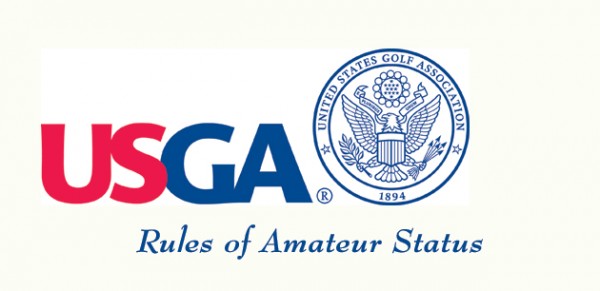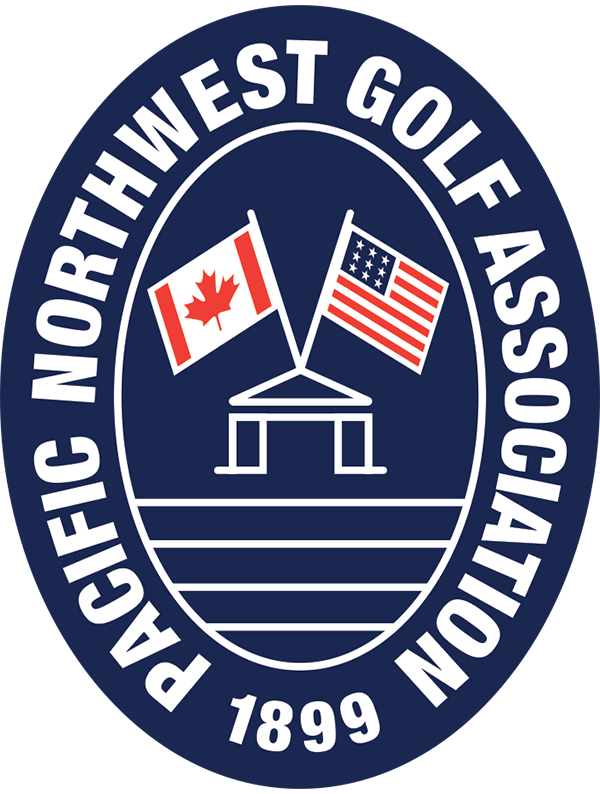Amateurs May Receive Help With Expenses Associated With Competitions

Highly-skilled amateur golfers who have chosen to retain their amateur status have historically had the opportunity to participate in many prestigious championships. During the last few years, several local and national tours limited to amateur golfers have developed, giving amateur golfers of all skill levels the opportunity to have a “tour” experience. One thing that all of these golfers soon realize is that it can be very expensive to participate in these competitions. Fortunately, the USGA Rules of Amateur Status allow amateur golfers to receive help with these costs as described below. (Please note that junior golfers should refer to the article “Helping Junior Golfers With Expenses” as there are some exceptions to the following criteria for junior golfers).
The Rules allow an amateur golfer to receive any amount of financial support directly from a family member or legal guardian. The Rules also allow an amateur golfer to receive financial support directly from anyone for an individual competition where the expenses are less than $300.
If the expenses for an individual competition exceed $300, he or she may still receive financial support from sources other than family members, but the funds must be approved by and paid through the golfer’s state or local golf association. Amateur golfers may also use prize vouchers they have won in a competition for expenses in a subsequent competition, provided the prize vouchers are processed through the golfer’s state or local golf association. The forms, to be completed by the sponsor or the tournament organizer (where prize vouchers are used for expenses), and the amateur golfer (when the expenses are to be paid through the state or local golf association), can be found on the USGA’s website at: http://www.usga.org/Rule-Books/Rules-of-Amateur-Status/Amateur-Status/ under Individual Tournament Expenses.
Players’ expenses associated with a competition normally include transportation, lodging, meals, entry fees and caddie/cart and practice fees. They should ensure that any expenses they wish to have funded are reasonable. They may not receive funds for general living costs that are not associated with a competition.
Although an amateur golfer may receive financial support from sources other than family members, he or she must not promote or advertise the source of any expenses received. Therefore, an amateur golfer may not publicly recognize the donor of the expenses or wear or carry anything that has the donor’s logo. The amateur golfer could issue a generic statement thanking their supporters such as “Tom Smith thanks those who have supported him in golf competitions.” Also, an amateur golfer must not accept expenses, directly or indirectly, from a professional agent or any similar source under any circumstances.
While the USGA Rules of Amateur Status allow amateur golfers to receive and use funds from sources other than family members as described above, in some cases the National Collegiate Athletic Association (NCAA) may prohibit or limit the receipt and use of such funds. Therefore, before accepting or using funds from a source other than a family member, amateur golfers who have collegiate eligibility remaining should check with the NCAA to determine whether receipt and use of such funds could affect their collegiate eligibility. They can contact the NCAA at:
National Collegiate Athletic Association
700 W. Washington Street
P.O. Box 6222
Indianapolis, IN 46206-6222
Phone: 317-917-6222
Website: www.ncaa.org
An amateur golfer should also maintain detailed records of any funds received from sources other than family members and how those funds were used, in case the USGA or NCAA wishes to review the sources and uses of the funds.
If you have additional questions concerning amateur golfers receiving expenses, contact Bernie Loehr, Director, Amateur Status and Rules of Golf at the USGA at: 908-234-2300 (x1238) or 908-655-7491.





